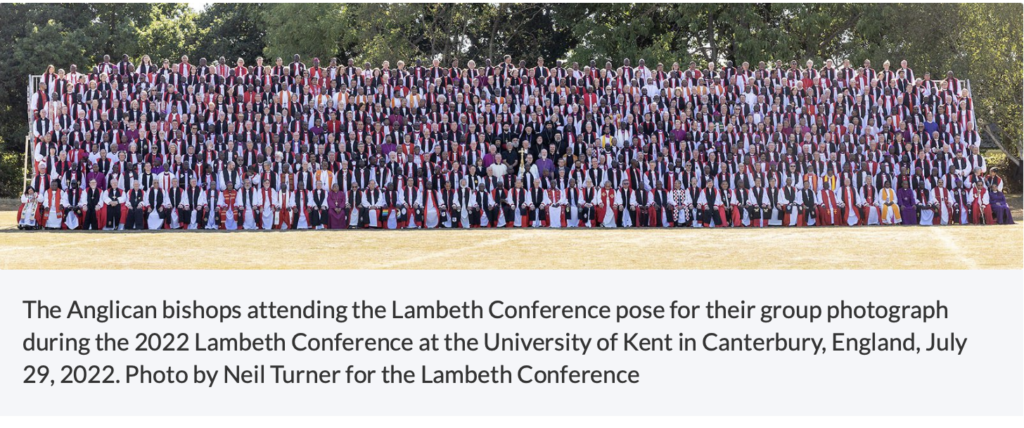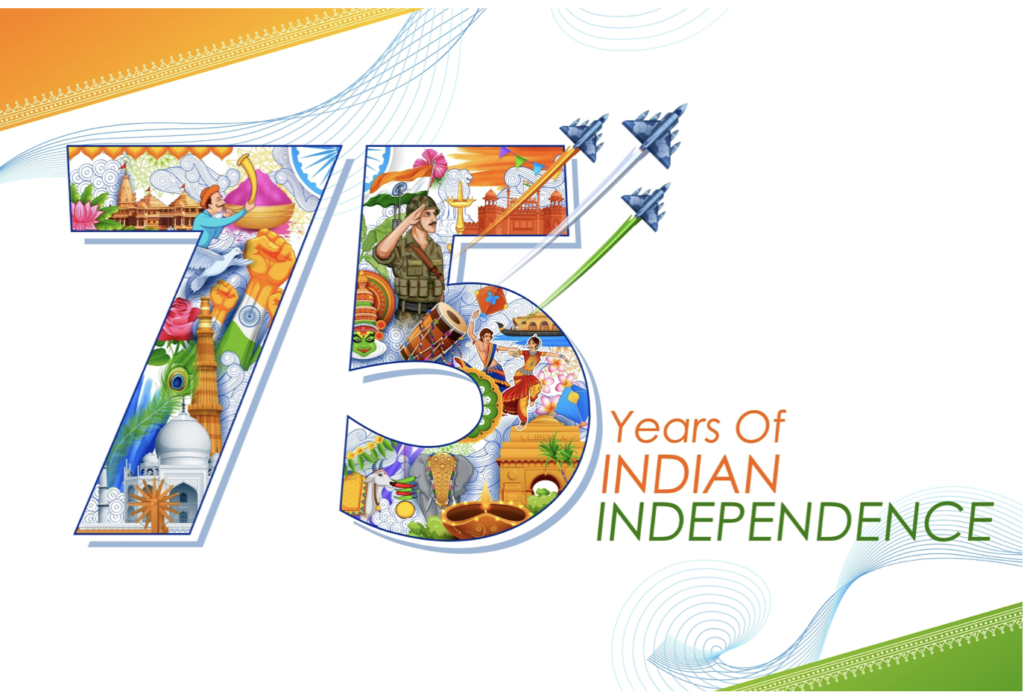August 23rd is International Day for the remembrance of the slave trade and its abolition.
Article 1 of the United Nations Slavery Convention defines slavery as “the status or condition of a person over whom any or all of the powers attaching to the right of ownership are exercised”.
There is MUCH to explore in the history of slavery in Australia, for Aboriginal people, Pacific Islanders and others (eg coolies from China) but a summary will suffice at this point. Prayers are included at the end.
Australia’s slavery started because other countries abolished it.
In 1833, the British government passed the Slavery Abolition Act, which outlawed slavery in most parts of the empire. After the abolition of slavery, the British Government had to take out one of the largest loans in history, to finance the slave compensation package required by the 1833 act, which represented 40% of the government’s yearly income in those days, equivalent to some £300bn today.paid millions in compensation. But it all went to slave owners who were being compensated for the loss of what had, until then, been considered their property. Nothing went to those enslaved, nor was there a single word of apology to the people who had been enslaved.
Some of the former slave owners used their compensation money to emigrate to Australia and buy up land, and slavery remained part of their business strategy.
Aboriginal people were blackbirded and used in the pearling, sugar cane and cattle industries. They suffered terrible abuse and were denied their wages. They were forced into indentured servitude and had their wages stolen. In Western Australia, most employers weren’t legally required to pay Aboriginal workers at all until the 1940s, so long as they provided rations, clothing and blankets.
“It is true that Australia was not a ‘slave state’ in the manner of the American South,” writes Stephen Gray in the Australian Indigenous Law Review. “Nevertheless, employers exercised a high degree of control over ‘their’ Aboriginal workers who were, in some cases, bought and sold as chattels … Employers exercised a form of ‘legal coercion’ over their workers in a manner consistent with the legal interpretation of slavery.” (see more here)
Another example of slavery was the practice of ‘blackbirding‘ Pacific Islander people to work on sugar cane plantations in Queensland. At least 50,000 people, mostly men, from 80 Melanesian islands were brought by boat to work in Australia’s agriculture, maritime and sugar industries. Some went voluntarily but many were coerced or kidnapped. Their wages were less than a third of other workers. The practice was sanctioned by various Queensland laws from the mid-1860s to 1904. Several members of parliament grew wealthy through this system. When the White Australia policy was enacted in 1901, the government ordered the mass deportation of all South Sea Islander people, sparking outrage among those who had built lives on the mainland and wished to stay. Ultimately, around 5000 workers were forcibly deported. In a cruel twist of fate, their deportations were funded by the wages of deceased South Sea Islanders, whose estates were controlled by the government.
Global slavery is not just an historical fact. Modern slavery includes human trafficking, slavery and slavery-like practices. It is estimated that 40.3 million men, women and children around the world are subject to modern slavery.
It is estimated that 15,000 people are subject to modern slavery in Australia, including sex trafficking, forced marriage and forced labour. Victims are often described as being “hidden in plain sight” – working in agriculture or food processing, hospitality, construction or cleaning.
Wikipedia resources here.
Modern day slavery also happens through the supply chains of Australian companies operating overseas. The global systems and supply chains create demand and make the profit. The world’s supply chains require an escalating work force to match a demand for low cost products fuel the need for cheap labour. Every time we buy we are a link in the chain. The systems and supply chains need disrupting if we are ever going to prevent human trafficking. We are each a part of these supply chains, and need to be diligent to make sure the things we purchase are slave-free.
In 2018, the Federal Government in Australia passed its first Modern Slavery Act. Under the Act, businesses and not-for-profits operating in Australia with a global revenue of more than $100 million must report what they are doing to stamp out slavery in their supply chains, both domestically and overseas. The hope is that the reporting requirement will bring greater scrutiny and accountability around the human cost of our consumption.
A prayer (source: Australian Catholic Anti-Slavery Network, ACAN)
We pray for the victims of human trafficking that they may be brought to freedom and rebuild their lives after the traumatic experiences they have suffered.
(We pray that St Josephine Bakhita*, sold into slavery as a child, intercedes with God for those trapped in a state of slavery, so that they will be released from the shackles of captivity).
We pray for all those who are dedicated to eradicating modern slavery and human trafficking that they will have the courage and strength to reach out and overcome challenges.
We pray that by our actions as consumers we always reject as gravely wrong any goods or services tainted with slavery.
We pray for our governments that their laws will protect victims of human trafficking and reject goods and services from sources associated with slavery and forced labour.
We pray that the Church will continue to defend and free victims of human trafficking and be a source of love, hope and faith to bring the vulnerable and enslaved to find healing for their wounds. Amen.
(St Josephine Bakhita is the patron saint of victims of modern slavery and human trafficking. Her feast day is February 8th)
PRAYER
Lord, in this moment I stand beside every victim who has been human trafficked.
In this moment, I know you bear their excruciating fear, hurt and pain.
May they feel your peace and grace wash over them.
I pray for justice to be served.
I pray for their release from the unbearable dehumanization,
anguish and humiliation they feel.
I pray for their liberation from being held captive against their will,
and by your grace for Good Samaritans to restore their lives.
I pray for the healing of victims and for their loved ones.
I pray as part of a united, worldwide movement for the empowerment and ability of all people of goodwill everywhere to put an end to human trafficking.
I pray never to forget what it feels like to be in this moment;
to stand in solidarity with victims of human trafficking consumed with fear and pain.
I pray you will use me in some way to help end this human tragedy.
Lord I have faith that your presence, your love,
and your spiritual embrace will always be with the victims of human trafficking.
Lord God, heavenly King, almighty God and Father, hear my prayer.Amen.
(Source: Global Freedom Network, adapted)
Reading (verses from Isaiah 65)
The LORD said ‘For I am about to create new heavens and a new earth; the former things shall not be remembered or come to mind. But be glad and rejoice for ever in what I am creating;
for I am about to create Jerusalem as a joy, and its people as a delight.
No more shall the sound of weeping be heard in it,
or the cry of distress.
No more shall there be in it an infant that lives but a few days, or an old person who does not live out a lifetime.
They shall build houses and inhabit them;
they shall plant vineyards and eat their fruit.
They shall not build and another inhabit;
they shall not plant and another eat.
They shall not labour in vain, or bear children for calamity. Before they call I will answer,
while they are yet speaking I will hear.
UCA Vic/Tas report
ACAN website
15th September 2022 EU Commission moves to ban products made with forced labour on the EU market.
The Commission has proposed to prohibit products made with forced labour on the EU market. The proposal covers all products, namely those made in the EU for domestic consumption and exports, and imported goods, without targeting specific companies or industries. This comprehensive approach is important because an estimated 27.6 million people are in forced labour, in many industries and in every continent. That is an 11% increase from 2016 estimates.
There are similar proposals being considered in many jurisdictions around the world. There is an urgency to tackle modern slavery that cannot be ignored. Read more here.










